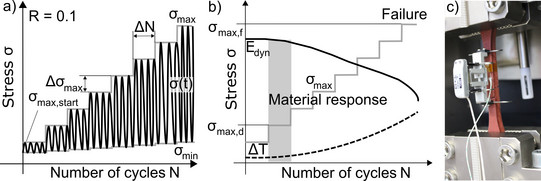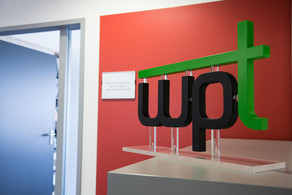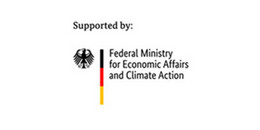Material and forming process-specific development for the production of bio-based, high performance and geometrically complex all-cellulose composite components
Cellulose-based composite materials are increasingly used in various industries due to sustainable raw materials and light weight benefits. Fiber-reinforced materials, such as glass- and carbon fiber-reinforced plastic (G-, CFRP), offer enhanced specific strength and stiffness compared to conventional materials. However, to consider the ecological aspects of their lifecycle is mandatory, including limited fossil resources, energy-intensive manufacturing processes, and complex recycling procedures. Preliminary studies indicate that cellulose-based materials, like Cottonid, can achieve comparable strength-to-weight ratios as lightweight materials while providing ecological advantages. Cottonid, a 100% cellulose-based fiber composite material produced through parchmentization of paper layers, exhibits excellent mechanical and functional properties, making it a suitable solution for addressing these concerns. The materials thickness is determined by the number of chemically bonded paper layers, and its mechanical strength is acquired after subsequent drying. Cottonid is already recognized for its formability and is utilized e.g. in the production of welder's protective shields. However, further research is necessary to comprehend the impact of material and process-specific parameters for its application in other industries. The R&D project "PergaForm" aims to systematically study the formability of industrially produced and structurally optimized Cottonid variants. The goal is to develop a lightweight panel that is formable, highly durable, and suitable as a sustainable construction material. The project will focus on optimizing the raw paper for Cottonid production and varying parameters in the parchmentization process to improve its formability. The aim is to increase deep-drawability with minimal moisture and minimized springback of the finished component. The effects of material thickness, moisture content, temperature, and strain rate on performance will be investigated by means of mechanical testing. Finally, insights into the service life of formed Cottonid components will be provided.
Duration: 2023 until 2025













